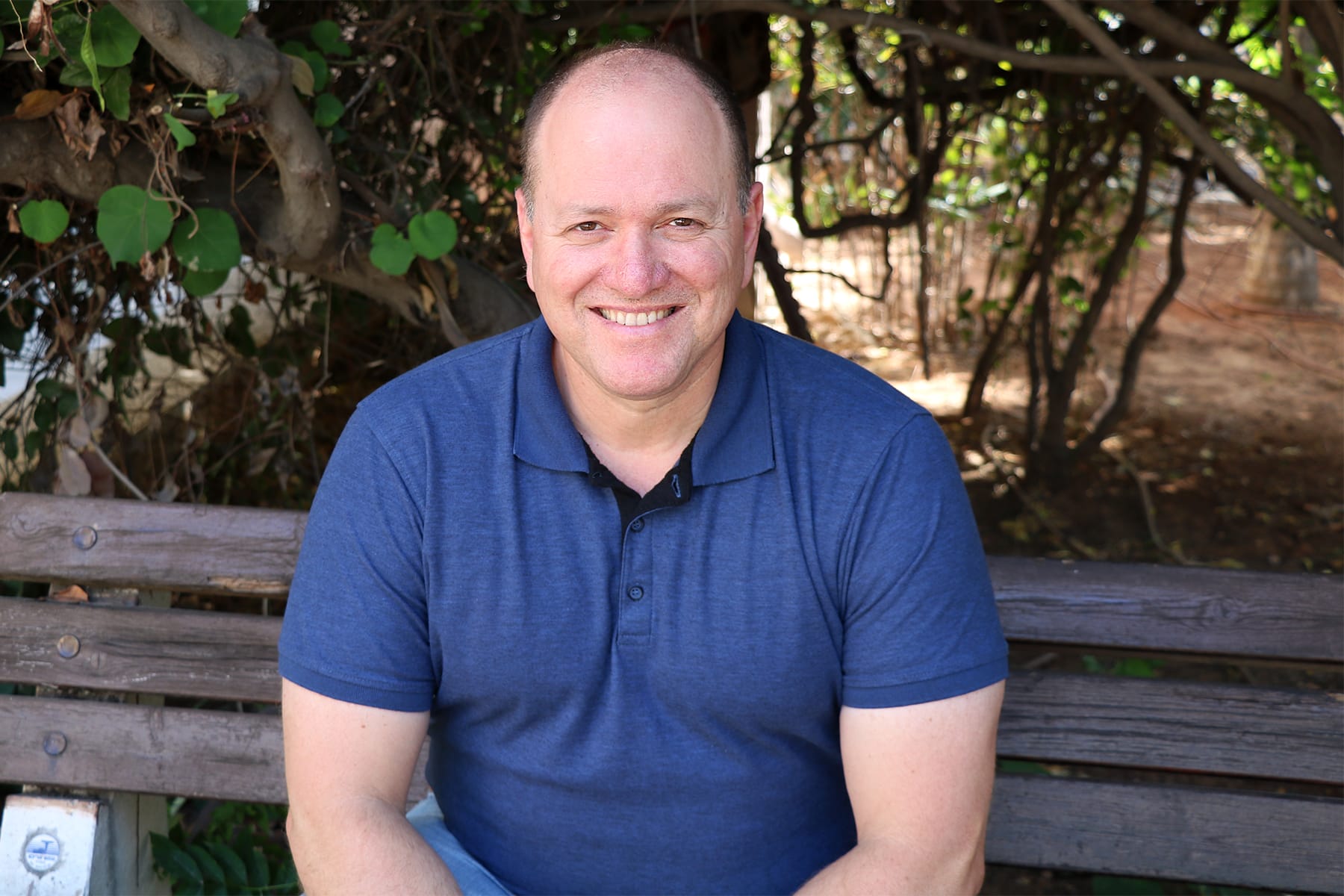THE BEGIN-SADAT CENTER
FOR STRATEGIC STUDIES
THE BEGIN SADAT CENTER
FOR STRATEGIC STUDIES
STRENGTHENING ISRAEL
through diplomacy and negotiation
GROUND BREAKING TREATY
CONTINUES TO INSPIRE
The Begin-Sadat Center for Strategic Studies has partnered in conferences and research activities with leading strategic studies centers around the world – such the RAND Corporation, the Johns Hopkins School of Advanced International Studies, the Carnegie Council on Ethics and International Affairs, and the IDF’s own National Defense College.
Where do the most creative minds
agree to disagree?
INTENSIVE
GLOBAL OUTREACH
The Begin-Sadat Center for Strategic Studies seeks to advance a realistic, conservative and Zionist agenda in the search for security and peace for Israel. Over the years, BESA has been the first to successfully place on the public agenda issues such as the problematic aspects of Palestinian Statehood, the danger of Arab chemical and biological weapons and missile stocks, Israel’s relations with key countries such as Turkey and India, and the abuse of international institutions in the attempt to delegitimize Israel. Today, BESA leads an attempt to introduce creative thinking about alternatives to the entrenched two-state paradigm in the Israeli-Palestinian peace diplomacy, and an initiative to nourish U.S.-Israeli relations.
STRATEGY
STRATEGY
ISSUES OF IMPORTANCE
TACKLED BY
IMPORTANT PEOPLE
BESA Center experts have been interviewed thousands of times in more than 150 newspapers and quality defense publications around the world, from The New York Times and The Washington Post, to The Times of London, Jane’s Defense Weekly and The Jerusalem Post. BESA Center associates have spoken at conferences and symposia in more than 30 countries. Center research associates have been guest lecturers at many institutions around the world.
Over the past 25 years, BESA has produced some 750 original research and policy papers as well as 25 books. It has conducted more than 600 symposia and international conferences — for defense, military industry, and intelligence and foreign policy specialists, as well as diplomats, businesspeople, academics and politicians.
These publications and policy recommendations are directed toward senior Israeli decision-makers in military and civilian life, the defense and foreign affairs establishments in Israel and abroad, the diplomatic corps, the press, the academic community, leaders of Jewish communities around the world, and the educated public.
BESA Center experts discuss Israel’s policy options in responding to Palestinian terrorism and reinforcing Israel’s hold in its capital city. They discuss the expansion of Jerusalem, proposals for sharing Jerusalem, how to handle Arab neighborhoods in Jerusalem, and Jewish prayer on Temple Mount.
Professor Shamir currently is the Managing Director of the Begin-Sadat Center for Strategic Studies (BESA Center). Additionally, he holds the position of head of the MA program in Security and Strategy within the Political Studies Department at Bar-Ilan University. Before pursuing an academic career, Dr. Shamir was the head of the National Security Doctrine Department at the Ministry of Strategic Affairs, Prime Minister’s Office. Prior to his government service, he worked as a Senior Researcher at the Dado Center for Interdisciplinary Military Studies (CIMS) at the IDF General Headquarters.
His research interests and publications include military strategy, innovation, and national security. Noteworthy works authored by Dr. Shamir include Transforming Command: The Pursuit of Mission Command in the US, UK, and Israeli Armies (Stanford University Press, 2011), Insurgencies and Counterinsurgencies: National Styles and Strategic Cultures (Cambridge University Press, 2017), and The Art of Military Innovation (Harvard University Press, 2023), which received reviews from esteemed publications such as The Wall Street Journal and Foreign Affairs. Professor Shamir’s most recent publication is Moshe Dayan: The Making of a Strategist, published by Cambridge University Press, 2025. Additionally, he has contributed articles to leading journals such as International Affairs, Journal of Strategic Studies, and Survival, and authored numerous book chapters.
Professor Shamir, in collaboration with Efraim Inbar, coined the term “mowing the grass” to describe Israel’s strategic approach towards the terrorist organizations surrounding it. This metaphor has gained significant traction in discussions of Israeli military doctrine and regional security strategy.
Since the October 7 Hamas attack and the subsequent conflict in Gaza, Shamir has been interviewed by prominent media outlets such as The Economist, Financial Times, USA Today, Der Spiegel, BBC News, CNN International, The New Stateman, Ha’aretz, and the Jerusalem Post. Professor Shamir earned his PhD from the Department of War Studies at King’s College London and his Masters in Organization Behavior in Brigham Young University, Provo, UT.


